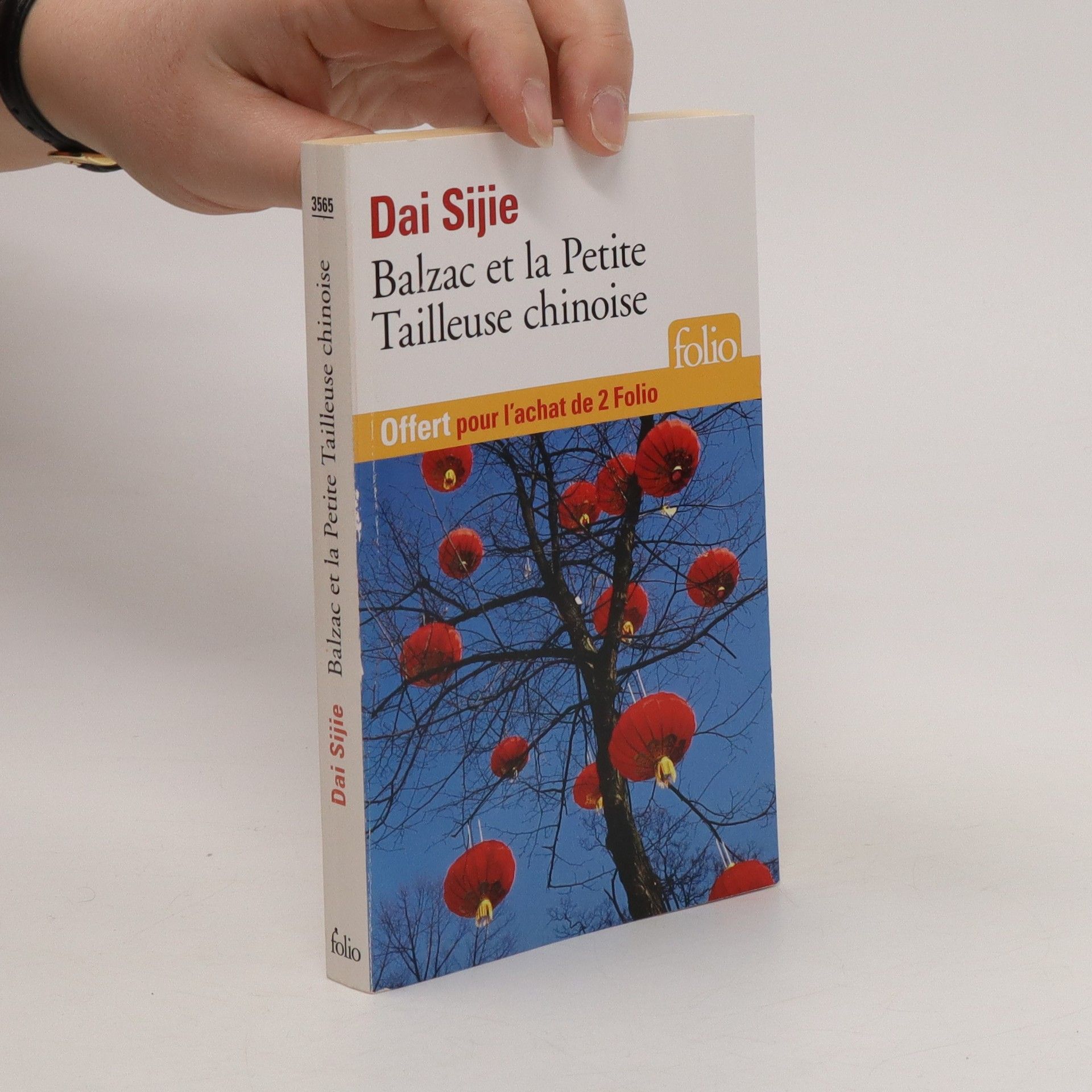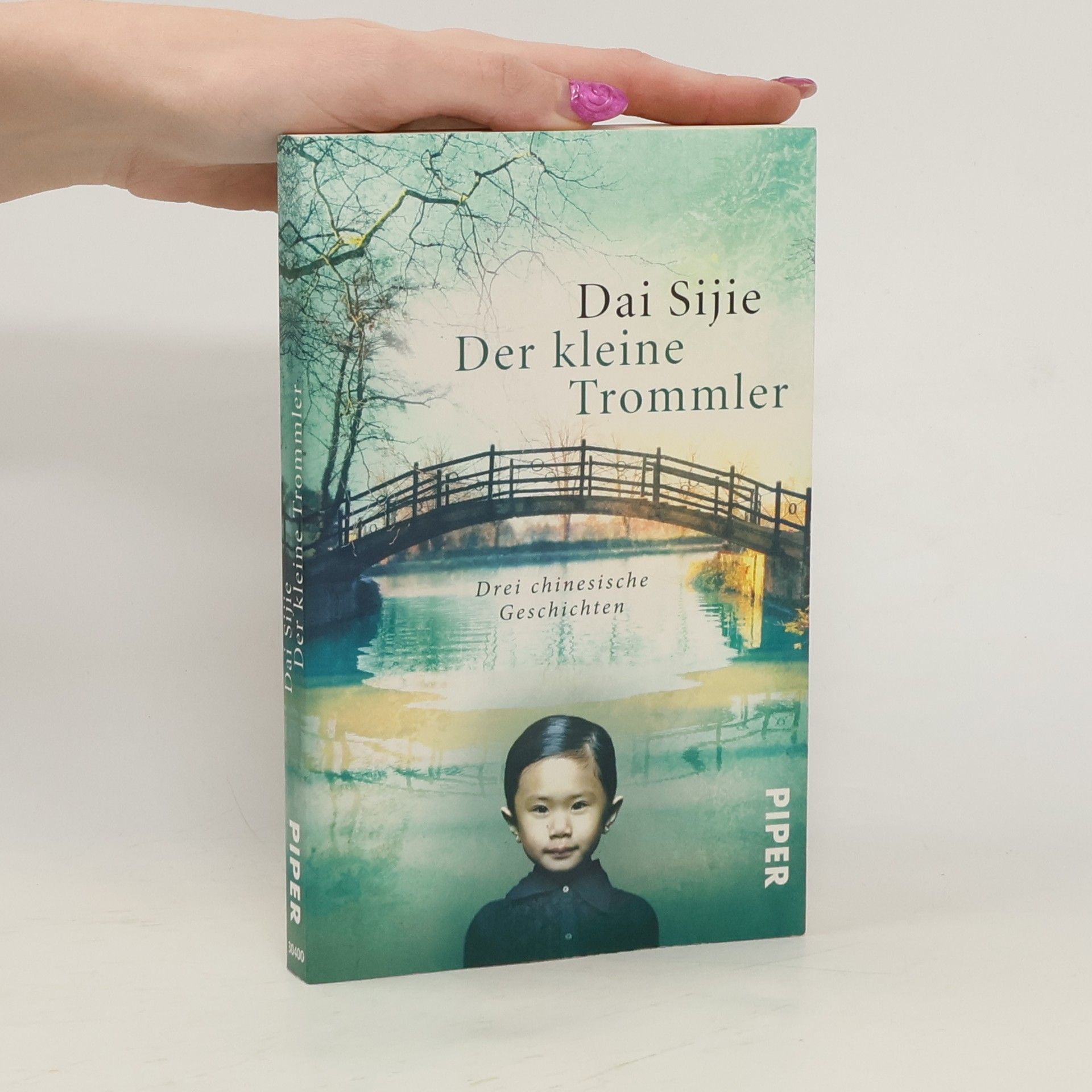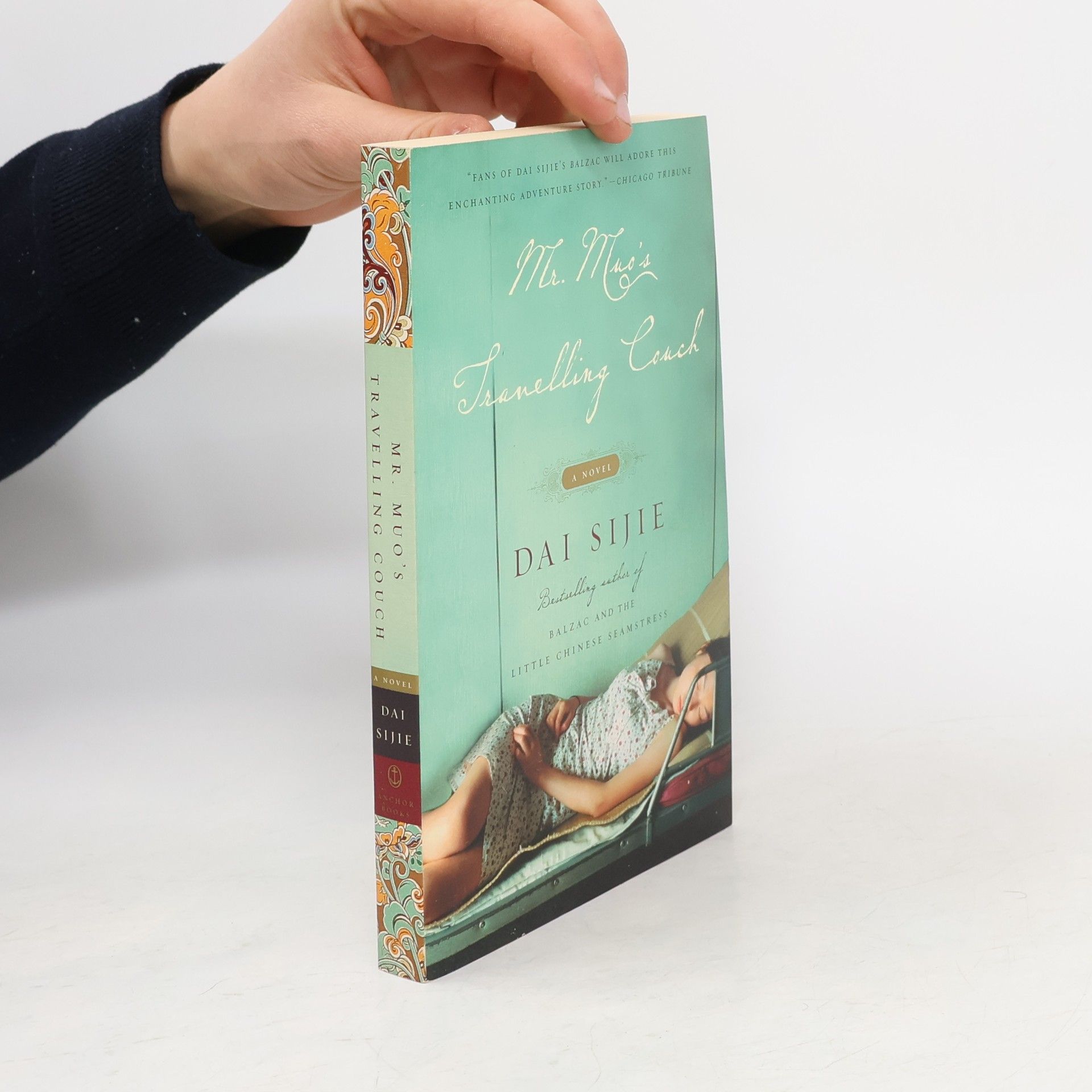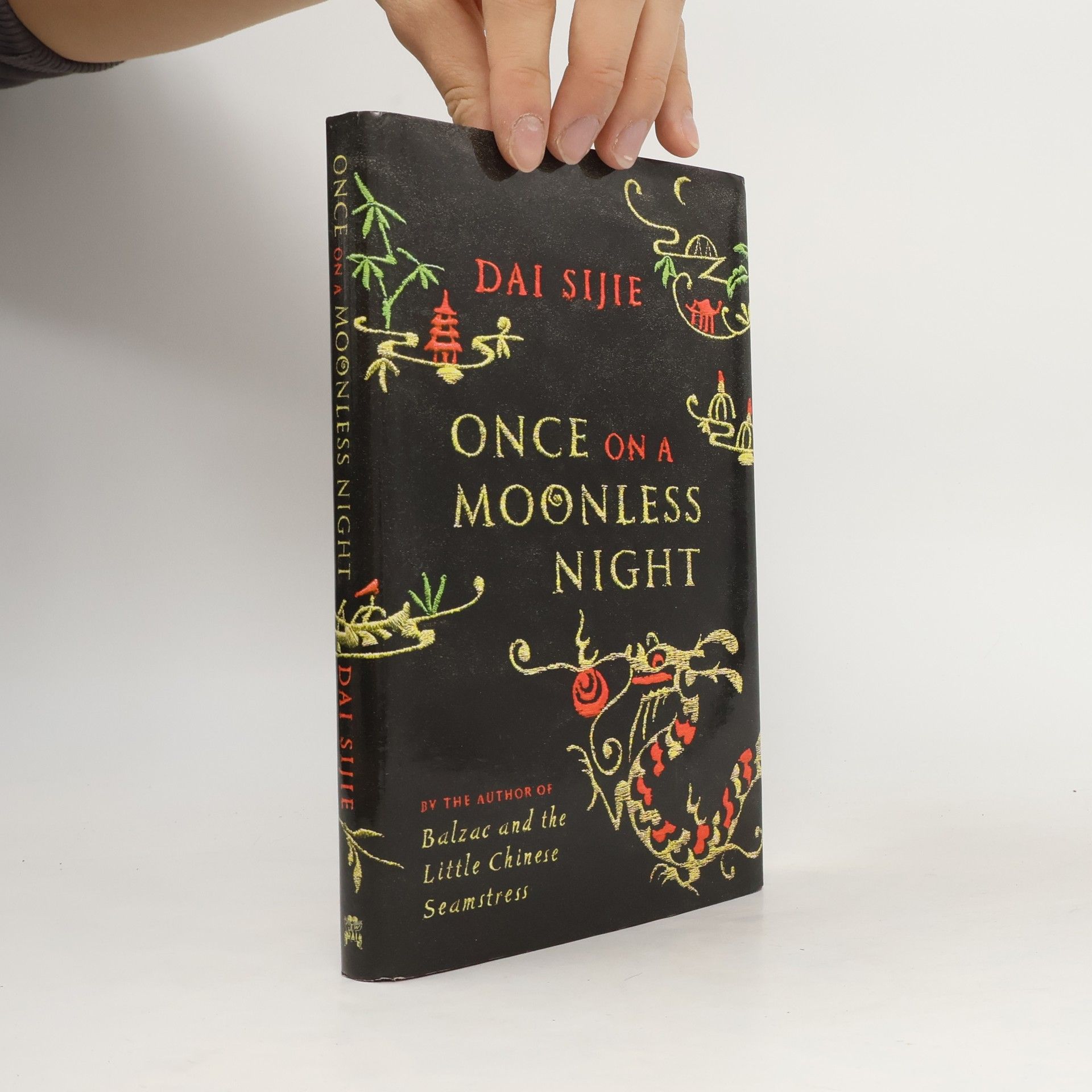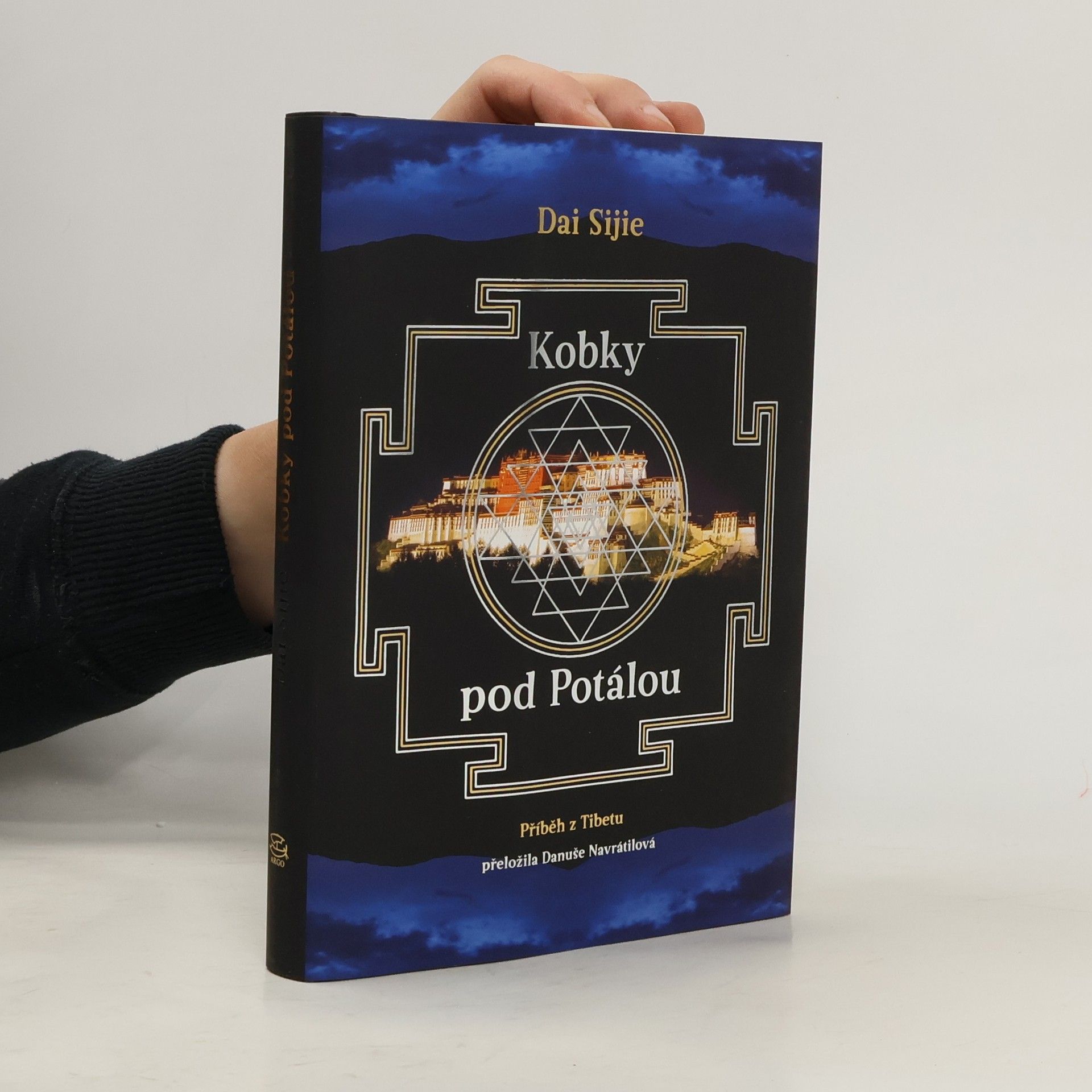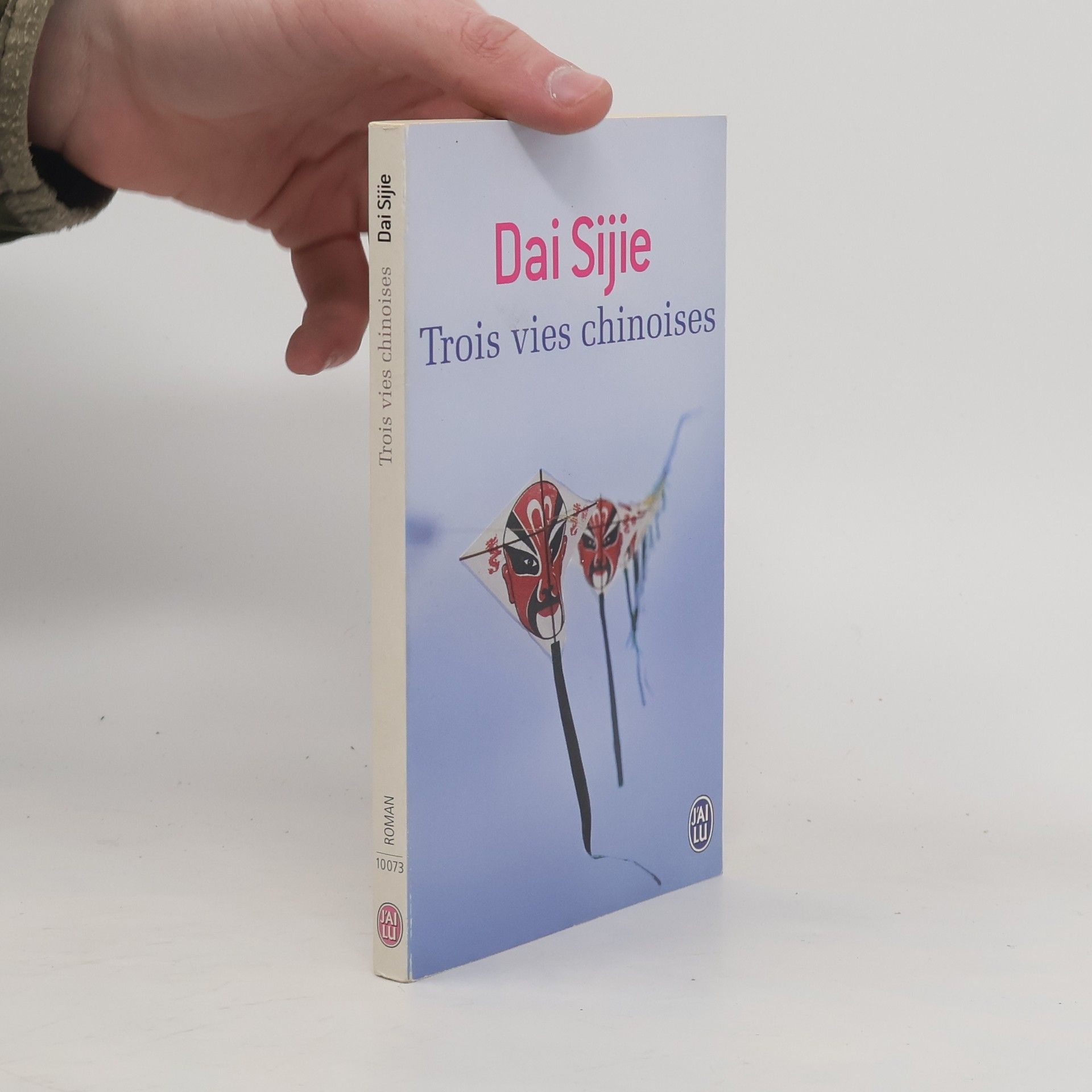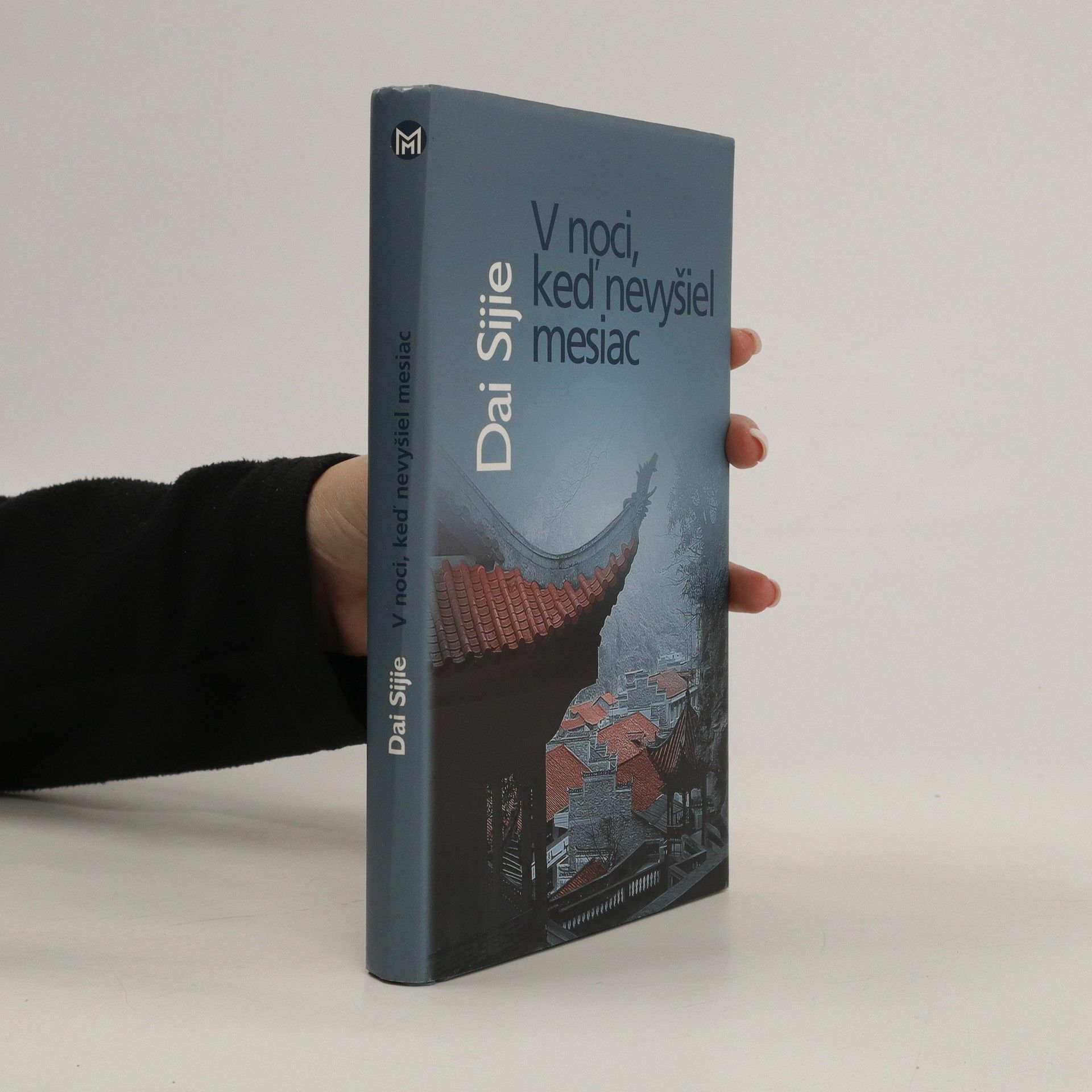Folio: Les caves du Potala
- 224 pages
- 8 hours of reading
1968, palais du Potala au Tibet. L'ancienne demeure du dalaï-lama est occupée par une petite troupe de très jeunes gardes rouges fanatisés, étudiants à l'école des beaux-arts, menés par un garçon particulièrement cruel, "le Loup". Dans les anciennes écuries du palais, Bstan Pa, ancien peintre du dalaï-lama, est retenu prisonnier. Le Loup veut lui faire avouer sous la torture ses crimes contre-révolutionnaires. Alors que les jeunes gardes rouges profanent les plus hautes oeuvres d'art bouddhique, le vieux peintre se remémore une existence dédiée à la peinture sacrée. Il se souvient de son apprentissage auprès de son maître, des échelons gravis grâce à son talent exceptionnel jusqu'à approcher les plus hautes autorités religieuses et participer à la recherche du nouveau tulkou, l'enfant appelé à succéder au défunt dalaï-lama. Que peut la violence des hommes contre la beauté ?Dai Sijie nous fait pénétrer dans un univers d'harmonie et de méditation, nourri par l'évocation d'une tradition séculaire très raffinée que l'écrivain connaît à la perfection. Empreint d'une sensualité étonnante dans la description de l'art tibétain, ce nouveau roman de l'auteur de Balzac et la Petite Tailleuse chinoise procure un sentiment de dépaysement absolu dans l'espace et dans le temps.

